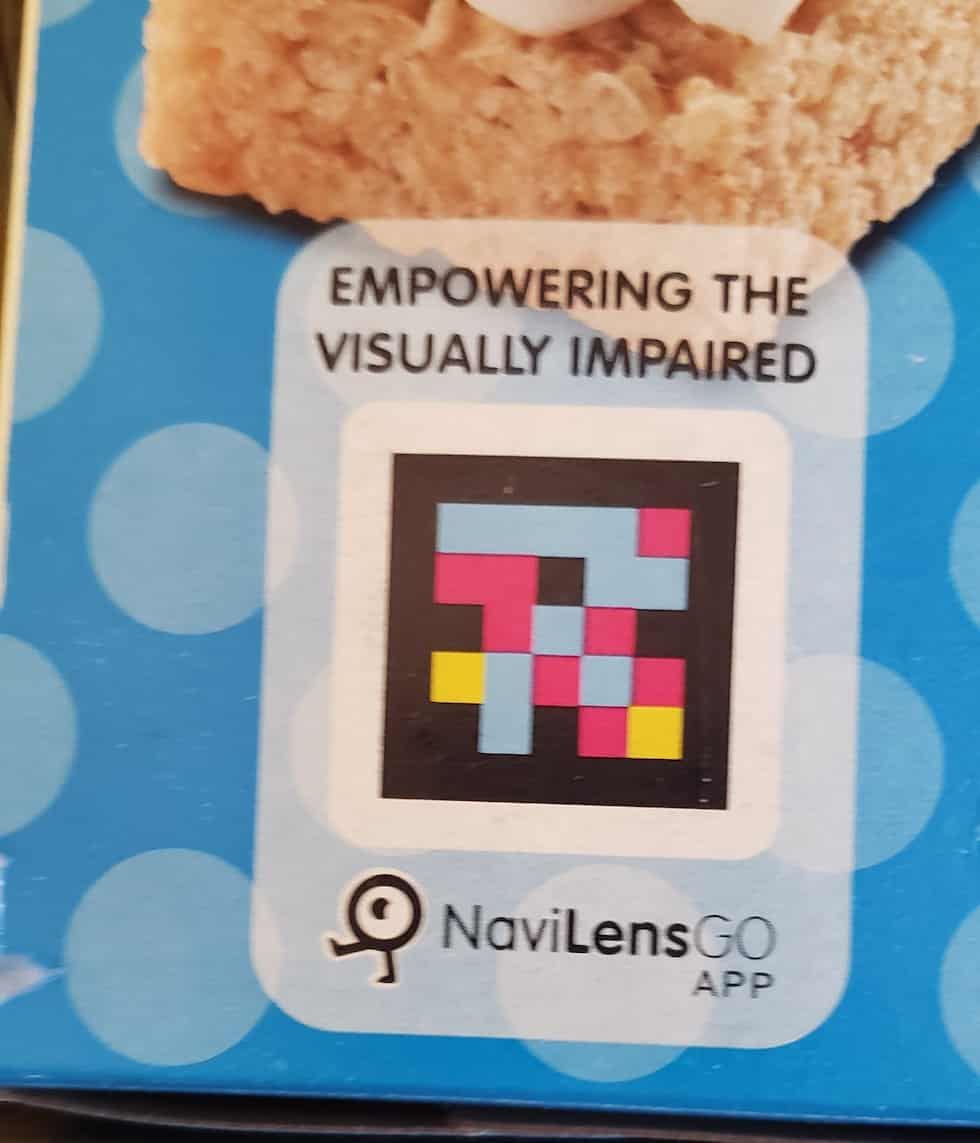111
you are viewing a single comment's thread
view the rest of the comments
view the rest of the comments
this post was submitted on 13 Feb 2024
111 points (95.9% liked)
Mildly Interesting
17604 readers
1 users here now
This is for strictly mildly interesting material. If it's too interesting, it doesn't belong. If it's not interesting, it doesn't belong.
This is obviously an objective criteria, so the mods are always right. Or maybe mildly right? Ahh.. what do we know?
Just post some stuff and don't spam.
founded 2 years ago
MODERATORS

oh is that what these are? I saw something like this on a train station in Boston the other day, assumed it was some new kind of QR code or something
QR codes are rarely contentful themselves, they are almost always just a URL pointing to the real content.
It's done this way because URLs are smaller, and you can update the content without needing to go around replacing all the QR code stickers.
And this is virtually guaranteed to happen before too long, leaving tons of useless technicolor QR codes as monuments to the endeavor.
It seems to me like they do more than just generate QR codes that download a static document. They've built out software that helps the visually impaired navigate pedestrian and transit infrastructure. The software seems pretty complex, beyond what a city would likely have the expertise or budget to build from scratch on its own.
You point out the key weakness to the whole approach (dependency on a single third party). Though I suspect that the content in question is also hosted by NaviLens, so the codes would still stop working if they ever shut down.
Just taking a look at their website, it seems to me that NaviLens' value proposition isn't just "codes that download a document", but an entire framework for building and presenting essential documentation in a way that is accessible to people with vision impairments. I can see why it would be cheaper and more effective for a city to buy a service like this than to hire their own software developers and accessibility experts to build out their own bespoke system.
QR codes wouldn’t solve this problem, because they would still house a link that has to be opened in the NaviLens app to be of any use.
These codes don’t just take you to some static document. It opens up in the NaviLens app, which when use features like the gps, gyro, and camera in your phone to provide more rich, contextual information.